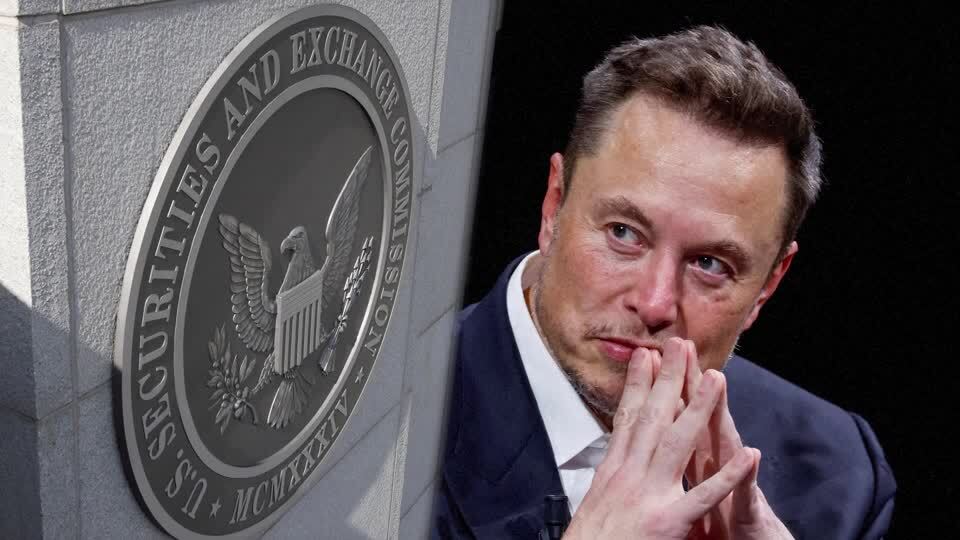SEC Tries to Compel Elon Musk’s Testimony in Twitter Takeover Probe
The U.S. Securities and Exchange Commission (SEC) is locked in a legal battle with Elon Musk, the CEO of Tesla and owner of Twitter. The SEC is attempting to force Musk to testify as part of an investigation into his $44 billion takeover of the social media giant. This latest development escalates the ongoing feud between Musk and the SEC, with the regulatory body questioning whether Musk violated federal securities laws during the Twitter acquisition.
Background of the Twitter Takeover Probe
The SEC’s investigation focuses on Musk’s actions in 2022 when he purchased stock in Twitter, which he later renamed X. The regulatory body is also scrutinizing the statements and SEC filings made by Musk in relation to the deal. In May 2022, the SEC announced that it was examining Musk’s disclosure of his stake in Twitter, raising concerns about whether he had filed the appropriate paperwork.
The SEC’s filing reveals that it subpoenaed Musk in May 2023, requesting his testimony at their San Francisco office. Musk initially agreed to appear on September 15. However, just two days before the scheduled appearance, Musk raised objections and informed the SEC that he would not testify. Among his objections was the claim that the SEC was attempting to harass him. Musk’s legal team also requested additional time to review relevant material contained in a recently published biography of Musk.
Musk’s Response and SEC’s Efforts
In response to Musk’s refusal to testify, the SEC proposed conducting the deposition in Texas in October or November. However, Musk rejected these proposals as well. The SEC argues that it needs Musk’s testimony to obtain information that is relevant to its investigation and not already in their possession. The regulatory body is now seeking legal action to compel Musk’s testimony.
Elon Musk’s attorney, Alex Spiro, issued a statement in defense of his client, stating, “The SEC has already taken Mr. Musk’s testimony multiple times in this misguided investigation – enough is enough.” Spiro argues that the SEC’s continued demands for testimony are unjustified.
Musk’s Troubles with the SEC
This recent lawsuit adds to Musk’s ongoing legal woes. The SEC and Musk have been at odds since 2018 when Musk tweeted about taking Tesla private and claimed to have secured funding for the move. This tweet led to multiple investigations by the SEC into Musk’s conduct.
Musk’s refusal to appear for the September testimony is considered unusual by legal experts. Howard Fischer, a partner at law firm Moses & Singer and a former SEC official, stated, “I have never heard of a senior executive who has positions at public companies ever not showing up.”
In addition to the SEC’s probe into the Twitter takeover, the Justice Department is also investigating Tesla over self-driving claims. Furthermore, federal prosecutors in New York have opened an investigation into Musk’s corporate perks and claims related to vehicle driving range.
The Need for Musk’s Testimony
The SEC has emphasized the importance of Musk’s testimony in obtaining information crucial to its investigation. The regulatory body has stated that it wants to gather information that is not already in their possession. The SEC’s spokesperson declined to comment further on the matter.
Musk’s acquisition of Twitter began with him building a large minority stake in the social media platform, which he initially disclosed in April 2022. Musk’s delayed disclosure filing and subsequent rejection of a board seat at Twitter raised eyebrows. However, Musk later announced plans to acquire the company for $44 billion, alleging that Twitter was not fully transparent about bot activity on its platform.
Facing a trial that aimed to force him to complete the Twitter acquisition, Musk finalized the deal in late October 2022. The ongoing feud between Musk and the SEC has raised questions about the need for comprehensive regulatory reform.
Conclusion
The SEC’s attempts to compel Elon Musk’s testimony in the Twitter takeover probe mark another chapter in the long-running feud between Musk and the regulatory body. The investigation centers on whether Musk violated federal securities laws during the acquisition and his subsequent statements and filings.
Musk’s refusal to appear for the scheduled testimony and his objections to the SEC’s proposals for alternative deposition locations have further escalated the dispute. As the legal battle unfolds, the SEC will continue to pursue Musk’s testimony, arguing that it is essential to obtain information relevant to their investigation.
The outcome of this legal clash will have significant implications for both Musk and the SEC, potentially shaping the future of regulatory oversight in the financial and technology sectors.


